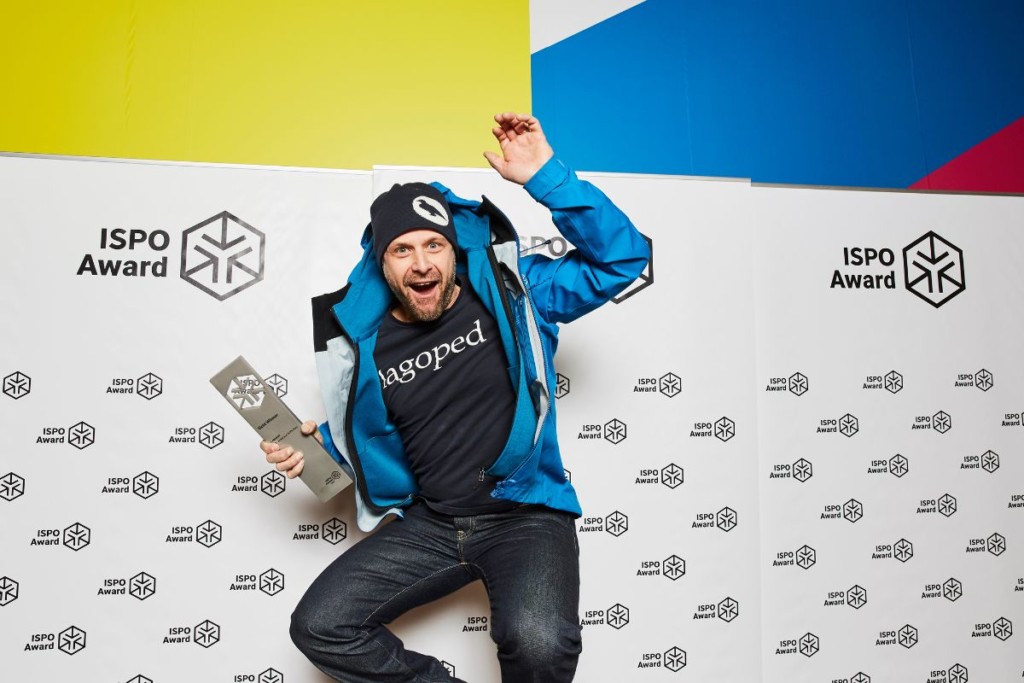
Along with the sobriety that has become part of the late summer programme, the appeal of the “deskless” permeates the air of the start of the new school year. Less travel, more premises, etc. What if September 2022 marked our last return to the office?
After the great wave of flex-office (“without a fixed office”), will the new trend in business be “without a desk” at all? After the Covid 19 crisis, and the experience of confinement revealing to managers that an employee staying at home can be more productive than in the office, the subject has become, for many companies and employees, a real temptation. Cut in fixed charges for some, office real estate being the second item of expenditure for a company. End of the reign of "metro-work-sleep" and promise of a life in tune with the times for others.
Last April, by announcing to the whole world to embark in turn on the adventure, after Twitter, Slack, Meta and other Spotify, the co-founder of Airbnb consecrated the phenomenon. " The world of work has become more flexible. Our business would not have recovered so quickly from the pandemic without the millions of people working in Airbnbs “explained Brian Chesky before detailing the” do&don't » of his conception of the company 100% teleworking. " The most important connections are made in person. Zoom is great for maintaining relationships, but not the best way to deepen them. And creative work is better when it's done in the same room. ". To be in the office or not to be there – and for what reasons – that is the question.
"100% teleworking is inducing a revolution in working methods"
Fans of the break between colleagues in front of the coffee machine can be reassured: the " systematic telework is far from the norm. We have even already witnessed spectacular reversals. As at Apple: in early May, CEO Tim Cook summoned his troops to return to the fold three days a week, engaging in a dangerous showdown with part of his teams. Whether you are an Internet giant or an agile SME, everything depends on the organization of the transition, says Alexia de Bernardy, founder of the WEbox interface and author of the book The 100 golden rules for collaborating remotely. " Whether the issue is financial, cultural or other, 100% telework induces a revolution in working methods that the company must carry out in order to be able to maintain commitment, creativity, team spirit of its teams ».
For the entrepreneur, the question first arises in these terms: There are professions that lend themselves to 100% telework and others that do not. I would even say that within the same profession, there are missions that are more suitable than others.. A researcher at Stanford, Nicholas Bloom, clarified this notion. " It distinguishes “telerobust” activities. It is typically intellectual production when the collaborator has solid expertise and can work alone. Finally, there are the "telefragile" missions: everything relating to the maintenance of networks, the negotiation of contracts, the promotion of products, the training of teams... All the activities which are nourished by exchange, listening, collaboration, brainstorming and even, I would say, serendipity… "Last point, whatever the field of activity and the profile of the mission, the development of the " full-remote “will depend on the mode of management, ends the specialist.
Behind the full-remote, the challenge is the empowerment and autonomy of the teams. " Clearly, the company which has already made its HR revolution, and which already operates in “flat management”, like Patagonia (clothing brand outdoor based in California, editor's note), with teams responsible for their own production, will have a better chance of succeeding than a management company”to the daddy". To be able to run a business remotely, it is important that everyone leads their own mission. " At the level of the collaborator: his pay slip depends on the success of his mission and he must have control over the means to achieve his objectives ". Among the practices to be put in place, Alexia de Bernardy lists: developing specific managerial skills, setting up information access tools, giving teams the means to give their " feedback and express their feelings, provide very short-term indicators to establish a culture of results, check that the manager knows how to motivate from a distance "almost like a radio host" and allow everyone not to fall into the routine by offering them the opportunity to get out of their post...
"When I announced to let go of our premises, no one disputed"
The story of Troops, converted to 100% telework at the end of the Covid-19 crisis, illustrates this trend. The HR software publisher from Lyon, pioneer of the " phygitalization » of temporary employment agencies, at the beginning of September won first place in the ranking carried out by the magazine Capital of the 400 startups where it is good to work. A “best employer” medal, which he owes first and foremost to the relationship of trust he has established with his teams thanks to daily monitoring of their well-being by a dedicated person. The company has also set up a substantial budget allocated to holding luxurious seminars (in Corsica, in Cannes during the Festival, in the Tignes ski area in winter or in Cap Ferret) as well as bootcamps in small groups. Everyone can decide to book three days in a gîte, in the Drôme or near the Châteaux de la Loire, to work on a file in commando mode. Finally, thanks to weeks on site “, it is not more than two months before a new recruit meets the whole team.
Founder Emilie Legoff, who found this way of working a beneficial productivity gain, remembers: “ At the end of the confinement, my teams were free to come back to the office or not. The choice of telework was unanimous and when I announced that we were leaving our premises in Lyon, no one disputed ". The startup, which today employs 80 people, sees its flock scattered all over Europe, as far as Israel and even in Ukraine before the war, all linked together, by sound and image, thanks to the collaborative tool Around. " In the first months, the continuous connection was mandatory but it was very badly experienced, too intrusive. Now teams connect whenever they want ". Connecting your camera during meetings is still part of the mandatory rules, as is speaking English well, working on French time and having a solid WiFi network. And if ever a moment of blues alone at home makes itself felt, Troops promises the isolated employee to rent him a “coworking” space not far from his home.
Similar items
- All
- Visual arts & Art de vivre
- Film & Audiovisual
- Edition
- Video games
- Fashion & Design
- Music & Performing Arts



